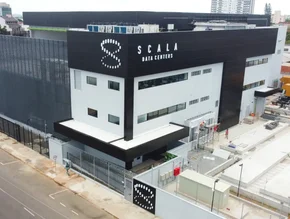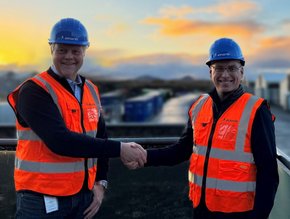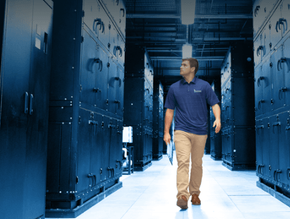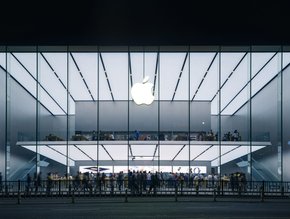Honda and Mitsubishi use Hydrogen to Decarbonise Data Centre
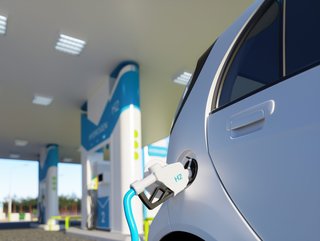
Japanese automobile companies Honda and Mitsubishi are strengthening their partnership by planning to test a small data centre that runs on hydrogen.
Based in an industrial electrolysis plant run by Tokuyama Corporation, Honda will use the hydrogen by-product to fuel a power plant by reusing fuel cells from electric vehicles. On the other hand, Mitsubishi will use the electricity to power a data centre.
By using FCEV fuel cells and hydrogen power, the three companies are collaborating to ensure the decarbonisation of data centres, in addition to expanding business opportunities across Japan and around the world.
Capitalising on the ‘new age’
FCEVs are a new alternative to battery-powered cars that are totally powered by hydrogen. They produce no harmful tailpipe emissions, given that they only emit water vapour and warm air, with efforts starting around the world to make these vehicles a more affordable and environmentally friendly transportation option.
However, these cars are not yet popular. This is because, according to Data Centre Dynamics, the process of converting hydrogen into energy is more inefficient.
Presently, Japan is one of few countries with significant FCEVs and a potential supply of reused fuel cells. Honda has already tested retired hydrogen fuel cells at its US headquarters in California, where they are used for data centre backup.
Both Honda and Mitsubishi originally teamed up in October 2023 to explore new ways to develop electric vehicles (EV) in an era of digital transformation. Signing a Memorandum of Understanding (MoU), they were aiming to explore intelligent charging, vehicle-to-grid and the condition monitoring of batteries to expand their lifespan.
Speaking at the time, Global CEO of Honda Toshihiro Mibe said: “Preparing for the era of full-fledged popularisation of EVs, Honda will not only sell EVs, but take a proactive approach to energy management.”
He continued: “[We] will strive to maximise the value we offer to our customers and build a foundation for sustainable business from a long-term perspective, while working with a variety of partners and accommodating the unique market characteristics of each region.”
Fuel innovation moving into 2024?
This latest venture with Tokuyama Corporation will be supported by Japan’s New Energy and Industrial Technology Development Organization (NEDO) as part of a trial to move to a more hydrogen-led society. It is aiming to test the idea of reusing automotive fuel cells with the goal of making fuel cell power plants for stationary applications cheaper.
Fuel cell technology within the data centre was regarded as utopian in 2023, with businesses often unsure as to what extent hydrogen power could help power a sustainable future. However, given the continued increase in the demand for digital infrastructure, enterprises are continuing to invest in new and innovative ways to ensure clean power.
It is the hope that this project will demonstrate how some data centres could be decarbonised moving forward by using by-product hydrogen and second-life fuel cells. After testing, the companies will also consider if data centres in the area could also be powered this way.
This project is anticipated to run until 2026.
******
Make sure you check out the latest edition of Data Centre Magazine and also sign up to our global conference series - Tech & AI LIVE 2024
******
Data Centre Magazine is a BizClik brand

